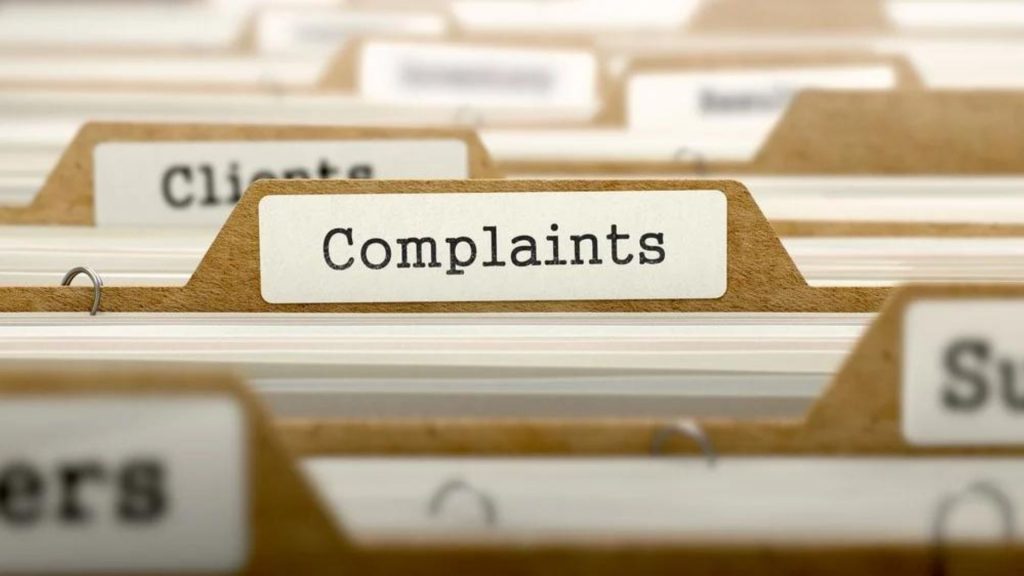How to file complaints? Financial consumer protection should be an integral part of the legal, regulatory and supervisory framework and should reflect the diversity of national circumstances and global market and regulatory developments within the financial sector. Regulation should reflect and be proportionate to the characteristics, type, and variety of the financial products and consumers, their rights and responsibilities and be responsive to new products, designs, technologies, and delivery mechanisms. Strong legal mechanisms exist to protect consumers from financial fraud, and abuses.

How To File Complaints?
Customers have a right to complain about the handling of their securities or investment accounts. Any complaints received as per the policy must be maintained as records of customer complaints, by applicable regulatory requirements.
Records of customers’ complaints must be maintained regardless of the way they were received, including oral complaints, emails, letters, and text messages. It must be notified to the company representative of any customer complaints that are received and should not be attempted to delay the process of communication.
Jurisdictions ensure that consumers have access to adequate complaints handling, and redress mechanisms that are accessible, affordable, independent, fair, accountable, timely, and efficient. Such mechanisms should not impose unreasonable costs, delays, or burdens on consumers. By the above, financial services providers and authorized agents should have in place mechanisms for complaint handling and redress (internal complaints procedures).
Recourse to an independent redress process should be available to address complaints that are not efficiently resolved via the internal dispute resolution mechanisms. At a minimum, aggregate information concerning complaints and their resolutions should be made public.
Oversight authorities ensure that the requirements on complaints handling apply equally to all the customers. Consumers should be given clear and precise information on the right to complain and on the procedures to be followed to make a complaint when contracting a financial product or service through digital means. This could mean, for example, prominent and easy-to-follow links via a homepage, or mobile app menu to the complaints procedure or an external process.
Complaints handling and redress mechanisms should be capable of dealing with new types of complaints that may arise from the provision of digital financial services e.g. account hacking, compromised account security, or mistaken payments.
Complaints handling and redress mechanisms should be capable of dealing with new types of complaints that may arise from the provision of digital financial services e.g. account hacking, compromised account security, or mistaken payments. Companies should collect, and analyze complaints data to identify, and address the recurring or systemic investment-related issues, and learn lessons in terms of compliance with market regulations, its financial products, services, or processes that are offered.
Companies that use computer programs in the dispute resolution process must ensure that they are robust, appropriately weigh all relevant variables, and provide the possibility of human intervention in complex or contested disputes. Companies must ensure that such systems produce outcomes that are objective, consistent, and fair for financial consumers.
Final Thoughts
A complaint is any formal legal document that sets out the facts and legal reasons that the filing party or parties believe are sufficient to support a claim against the party or parties against whom the claim is brought, entitling the plaintiff to a remedy (either money damages or injunctive relief. The Federal Rules of Civil Procedure (FRCP), which govern civil litigation in United States courts, state that a civil action begins with the filing or service of a pleading known as a complaint. The same term is used for the same pleading in civil court rules in states that have incorporated the Federal Rules of Civil Procedure.








